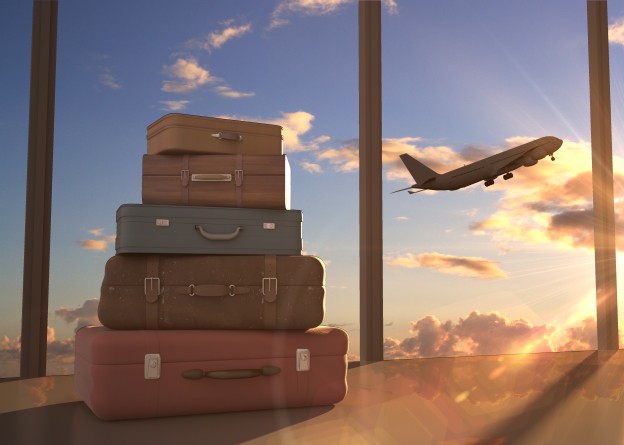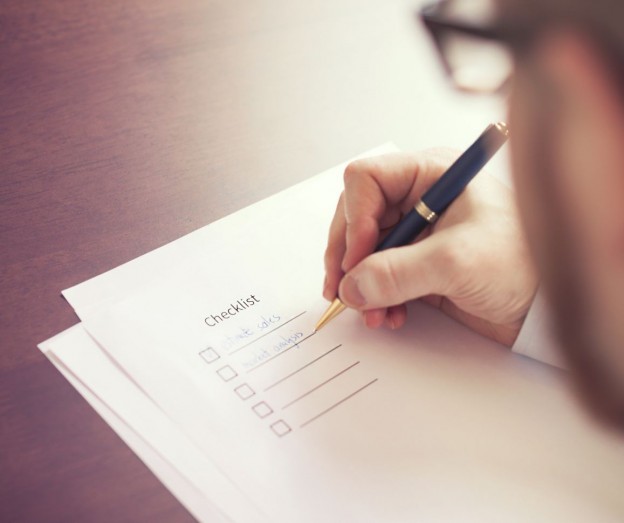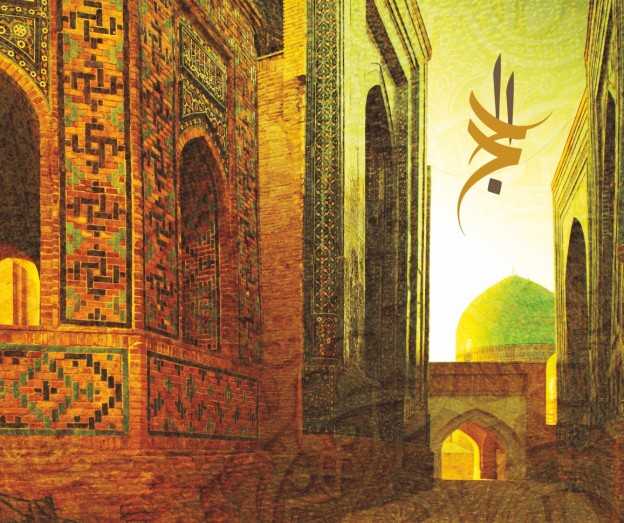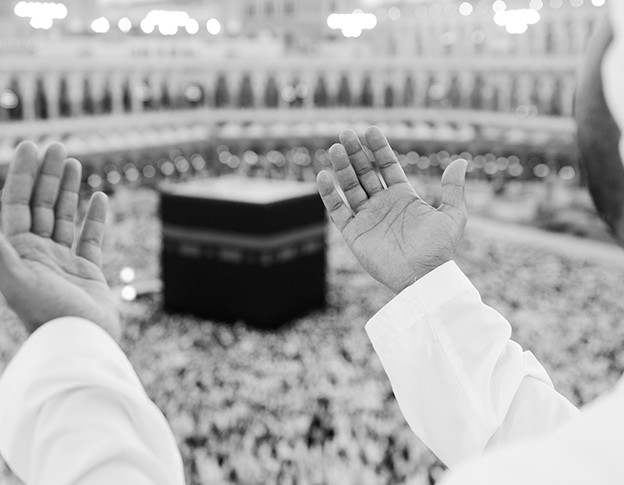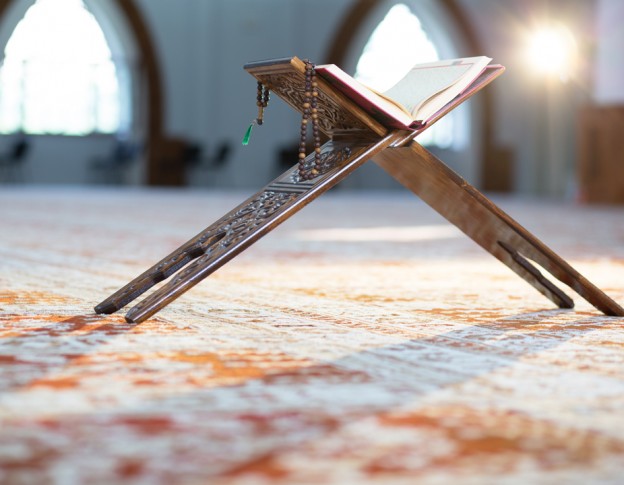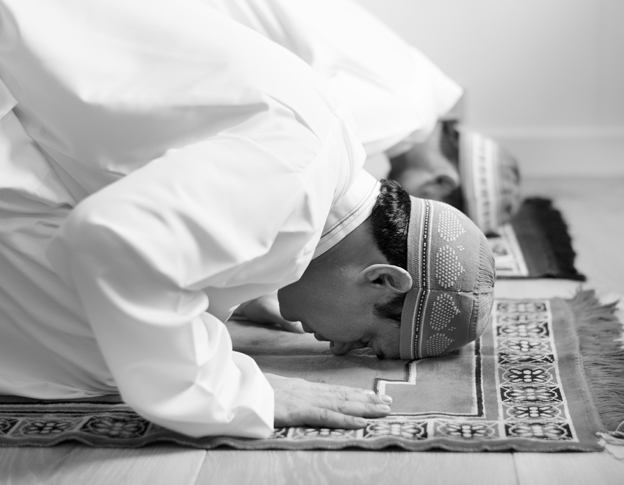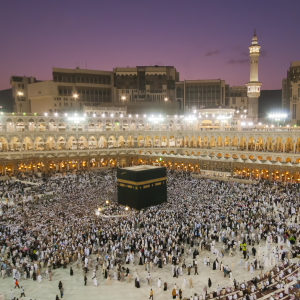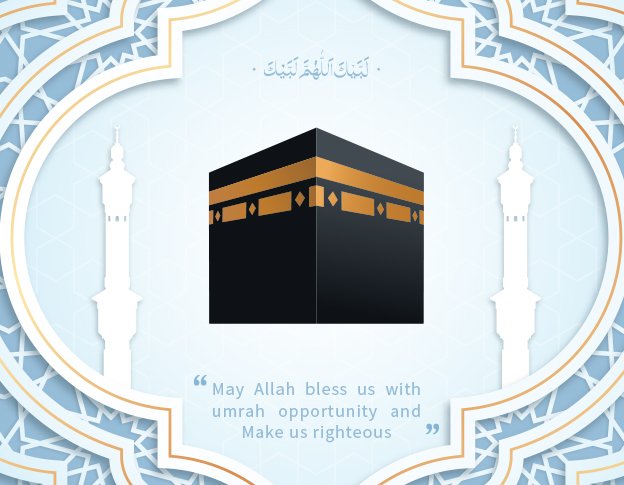- to share | to connect | to create | to inspire Be mindful of ALLAH and ALLAH will protect you
MEET THE HOLY KAABA CLOSELY
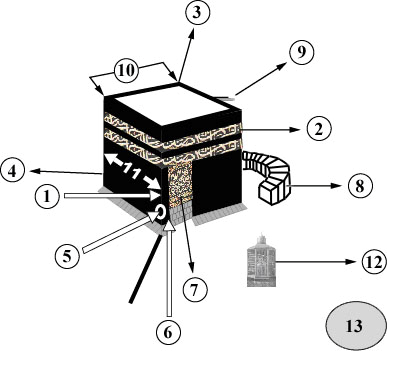
The Holy KAABA is also called Baitullaah (House of Allah). This name represents its elevation and projection. It is the very first structure built on the planet to worship Allah. You can only imagine its virtue by the fact that even looking upon it is considered an `Ibadat’.
The Holy Kaaba is a cubic formation made out of pure black stones.
- Rukn-e-Aswad: Is the starting point of Ţawaaf, it derives its name from the Ĥajar-e-Aswad (Black Stone) fixed at this corner. It is in the South East direction.
- Rukn-e-`Iraaqee: The corner facing Iraq. It is East North corner.
- Rukn-e-Shaamee: The corner facing Syria. It is North West corner.
- Rukn-e-Yamaanee: The corner facing Yemen. It is West South corner.
- Ĥajar-e-Aswad: The black stone of Paradise fixed in the south-eastern corner of the Holy Kaaba. It is said that it is a Sapphire of Paradise. It is fixed into a silver lining. The Ţawaaf begins from here.
- Multazam: It is the part that lies amid the corner of the Black Stone and the door of the Holy Kaaba. It is the place to which Muslims cling to in humbleness and supplicate to Allah the Almighty. It is said that supplications are replied at this place.
- Baab-e-Ka`bah: The golden door of the Holy Kaaba which is slightly elevated from the ground and lies on the side between Rukn-e-Aswad and Rukn-e-`Iraaqee.
- Ĥateem: It is the bent section to the north of the Holy Kaaba on the side of the waterspout. It is a marbled area with a wall in the form of a semi-circle with an eastern and a western opening. It is the part of Kaaba, to enter in to Ĥateem is just entering in Kaaba .
- Meezaab-e-Raĥmat: The golden waterspout of the Holy Kaaba fixed in the roof over it, to drain the water from its roof in to Ĥateem.
- Mustajaar: It lies between the Rukn-e-Yemaanee and the Rukn-e-Shaamee, just opposite side of Multazam. It is also a place where supplications are answered by Allah.
- Mustajaab: The wall of Kaaba between Rukn-e-Yemaanee and the Rukn-e-Aswad is called Mustajaab. At this place seventy thousand Angels are deputed to say Aamin to the supplications of pilgrims. Mustajaab means the place where the supplications are definitely accepted.
- Maqaam-e-Ibrahim: It is a golden dome just opposite Baab-e-Kaaba; it contains a stone from Paradise on which Prophet Ibrahim `Alaihis Salaam stood while constructing Ka`bah. His footprints are still visible on the stone.
- Zam-Zam: It is a Scared Well situated to the South of Maqaam-e-Ibrahim, it sprung when Prophet Isma`eel `Alaihis Salaam desperately rubbed his feet on the ground due to thirst. It is Sunnah to drink its water after completion of Ţawaaf.
It’s time you meet Kaaba in person. It’s time you perform Umrah in the month of Ramadan. Find our packages here.









